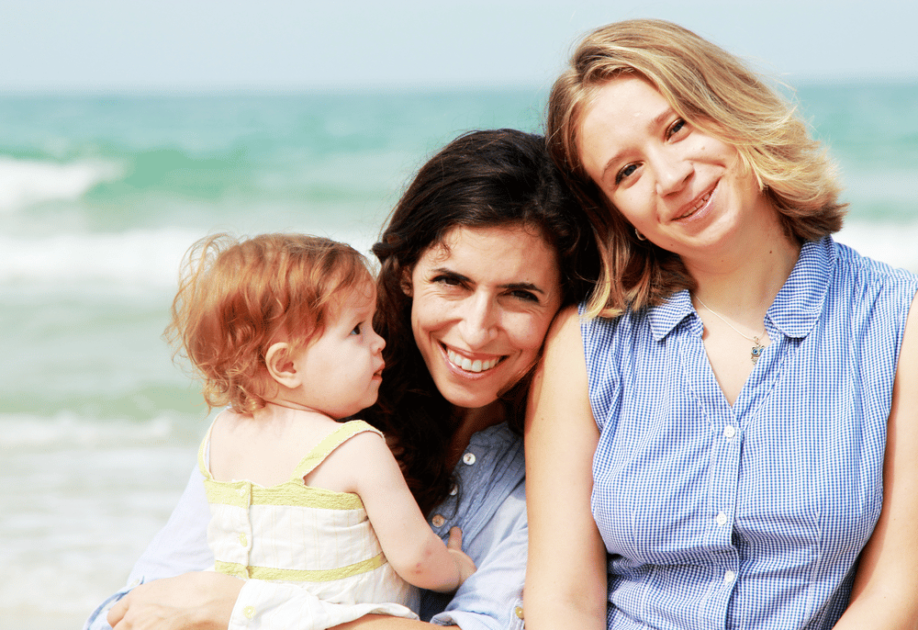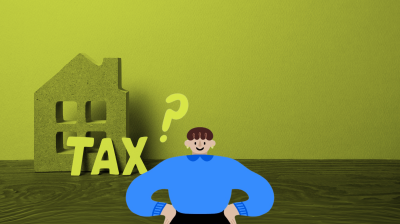The Children and Family Relationships Bill
What’s it all about?

This week, the Government has published the Children and Family Relationships Bill. The bill has gained a huge amount of media traction in the leadup to its publication, so what’s it all about?
What does the bill actually do?
The legislation seeks to protect and reflect the diverse range of family types in Ireland today. The reality is, there are many families in Ireland that don’t fit traditional moulds, and aren’t headed by a married mother and father. This legislation seeks to provide legal protection for many of those units that don’t fit the traditional image of a family. It will introduce several key new laws.
- Crucially, the bill puts the best interests of the child at its centre.
- It will allow for unmarried same-sex and opposite sex couples, as well as civil partners, to adopt children as a couple, if the couple have been living together for at least three years. Currently only single people or married couples can adopt in Ireland.
- If a spouse or partner has lived with a parent for three years and looked after the child for two years, they will be able to apply for guardianship or custody of that child.
- A child’s relative will now be able to apply for custody of a child if they have looked after them for 12 months, and if the parent isn’t willing to look after the child.
- If an unmarried father has lived with their child’s mother for a year, including 3 months after the birth of the child, they will have automatic guardianship rights to the child. Currently, unmarried fathers have no automatic guardianship rights of their children.
- It will allow for the establishment of register that will enable children who are born through assisted human reproduction to find their donors.
What does this mean for young people?
The Children and Family Relationships Bill strengthens the legal relationship between many young people and their parents, living in Ireland. Young people with same-sex parents will have their relationship with both parents officially recognised. It will also be easier for young people who are cared for by a relative or their parent's partner to gain legal protection for that relationship.
The bill will also allow for young people who may be considering having children one day, to have the law fully recognise their relationship with their children, irrespective of the genders of the parents.
So what happens now?
The Bill will now go to the Dáil next week. It will be taken at second stage on Tuesday, Wednesday and Thursday, after which it will go to committee stage. It will then go back to the floor of the House after that. It is not clear yet, but it seems the Government are hoping to have the bill passed by mid-March.






